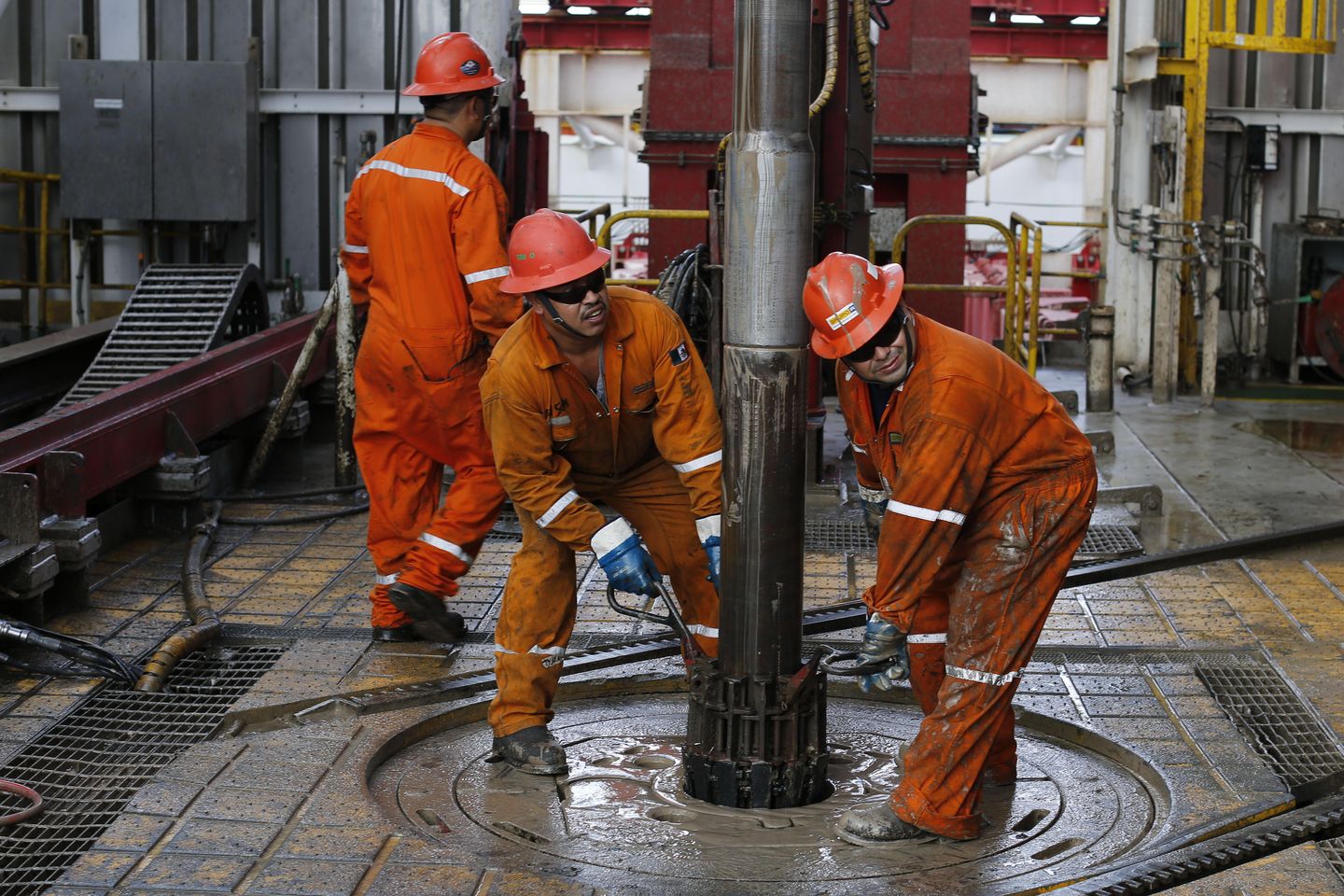
Having sapped Mexican cartels’ income from migrant smuggling, the Trump administration moved Thursday to go after another source of income: fuel theft.
The Treasury Department imposed financial sanctions against three brothers and two companies connected to the Jalisco New Generation Cartel, or CJNG, for their role in stealing Mexican oil, selling it to corrupt partners, and siphoning hundreds of millions of dollars to the cartel.
Treasury officials said oil is now the cartels’ second-biggest source of income, trailing only drugs.
“Fuel theft and crude oil smuggling are cash cows for CJNG’s narco-terrorist enterprise, providing a lucrative revenue stream for the group and enabling it to wreak havoc in Mexico and the United States,” Treasury Secretary Scott Bessent said.
As the Treasury Department tells it, crude oil is stolen from Pemex, Mexico’s state-owned energy company, either by bribing employees, tapping into pipelines or stealing from refineries.
Cartels maintain tanks in their territory where they can store the stolen oil. It’s then sold in Mexico, Central America or the U.S., where authorities say it’s smuggled across the border labeled as “waste oil” to evade duties and taxes.
It’s then delivered to complicit U.S. importers, chiefly in Texas and New Mexico, who sell it at a discount to brokers who funnel it into America’s economy. Treasury officials said the companies at the end of the chain are usually not aware of the illicit origins.
Each U.S. importer can earn more than $5 million per tanker shipment, and they can run multiple tankers per month, according to Treasury’s Financial Crimes Enforcement Network, or FinCen.
Money is then repatriated to Mexico — and the cartels — as payments for waste oil or hazardous material shipments.
Mexican fuel theft is so prominent that it has earned a name, huachicol, and the thieves are known as huachicoleros.
CJNG emerged in 2010 out of the disintegration of the Milenio Cartel, and gained a reputation for brutality and violence, including against Mexican police and public officials.
The three people sanctioned on Thursday are brothers: Cesar Morfin Morfin, Alvaro Noe Morfin Morfin and Remigio Morfin Morfin.
U.S. authorities identified Cesar Morfin Morfin, the middle brother, as the most important figure and the head of two hazardous materials transportation companies that were also slapped with sanctions.
The sanctions freeze all property and financial assets in the U.S. that can be traced to the three brothers or the two companies.
FinCen told U.S. entities to be on the lookout for smaller U.S.-based companies operating along the southern border that are selling large amounts of crude, at far less than market rates, and doing a lot of cross-border wire transfers.
Paul Anthony Perez, president of the National Border Patrol Council, said the sanctions will dent cartel activity.
“These actions today will ensure that the cartels no longer have the ability to provide unlimited funds to further their criminal enterprises and, at the same time, it will allow the United States government to disrupt their daily activities on both sides of the border,” he said.
The U.S. government, at Mr. Trump’s prodding, declared CJNG and several other Mexican smuggling cartels as foreign terrorist organizations.












